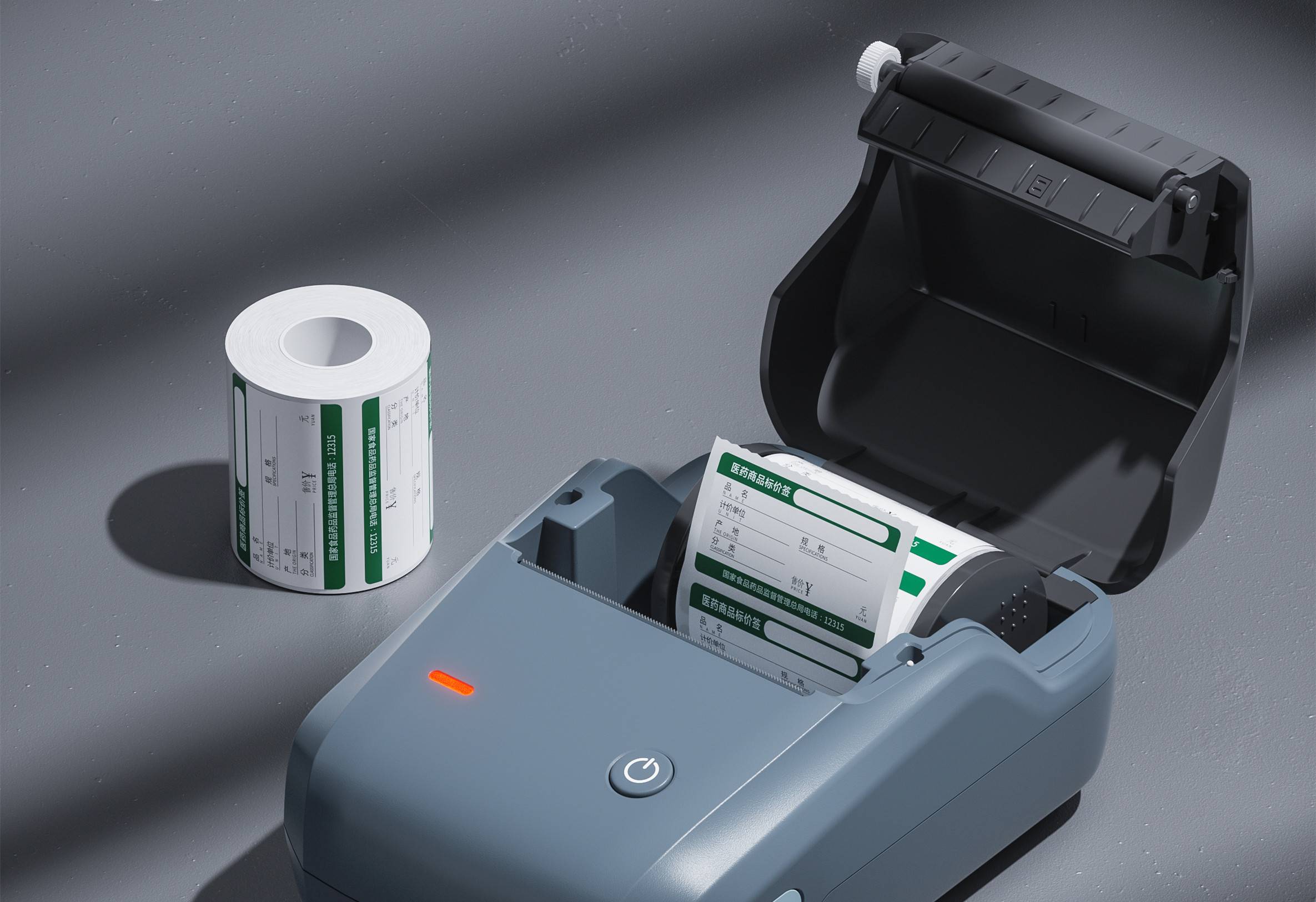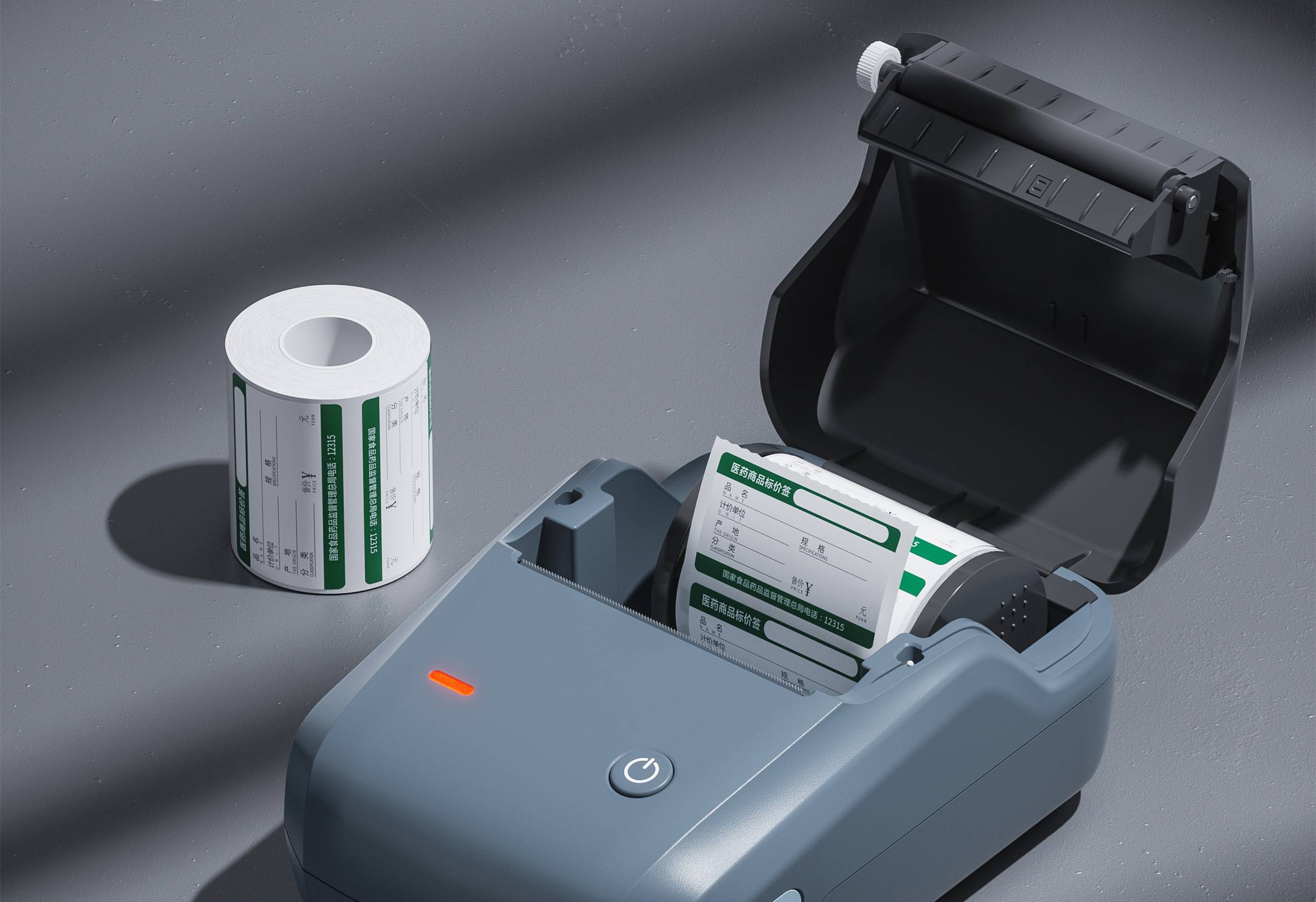
Project Introduction
The cold and hot shock is the high and low temperature impact test, which is to expose the test sample to a continuous alternating environment of high temperature and low temperature, so that it will undergo a rapid temperature change in a short time, and assess the adaptability of the product to the sudden change of the ambient temperature.
The thermal shock test is an indispensable test in the qualification test of equipment design and the routine test in the batch production stage. In some cases, it can also be used in environmental stress screening tests. It can be said that the frequency of application of the cold and hot shock test chamber in verifying and improving the environmental adaptability of equipment is second only to vibration and high and low temperature tests.
Test purposes
The thermal shock test mainly verifies the use and storage of samples under rapid changes in high and low temperatures. It is an indispensable test in the qualification test of equipment design and the routine test in the mass production stage. It can also be used in some cases Environmental stress screening test.
Application range
Hot and cold shocks are mainly aimed at electronic products, mechanical parts and auto parts.
Specific examples of hot and cold shocks
· Movement between warm indoor and cold outdoor
· Sudden cooling due to rain or cold water
· Sudden rise in temperature of parts caused by power on and off
· ON/OFF of air-conditioning or heating
· The rapid rise and fall of the aircraft
· Bad soldering process leads to solder cracking
Method Standard
Test standard reference: GB/T 2423.22, IEC 60068-2-14, EN 60068-2-14.
testing fee
The price of the hot and cold shock test is quoted according to the test duration. Different size products correspond to different size temperature boxes. Different size temperature boxes have different test prices, which are calculated according to the length of time. In addition, the short test time will involve a basic start-up fee.

Label printers entering the Brazilian market, ANATEL certification is an essential passport! It is the recognition of the Brazilian Telecommunications Authority for the safety and compliance of electronic products, without which products cannot be legally sold.

SRRC certification is not only a guarantee of product compliance, but also a key to opening up the market.

FCC ID certification is a mandatory certification for electronic products by the Federal Communications Commission (FCC) in the United States, and it is essential for label printers to obtain this certification.
The cold and hot shock is the high and low temperature impact test, which is to expose the test sample to a continuous alternating environment of high temperature and low temperature, so that it will undergo a rapid temperature change in a short time, and assess the adaptability of the product to the sudden change of the ambient temperature.
Get a quote